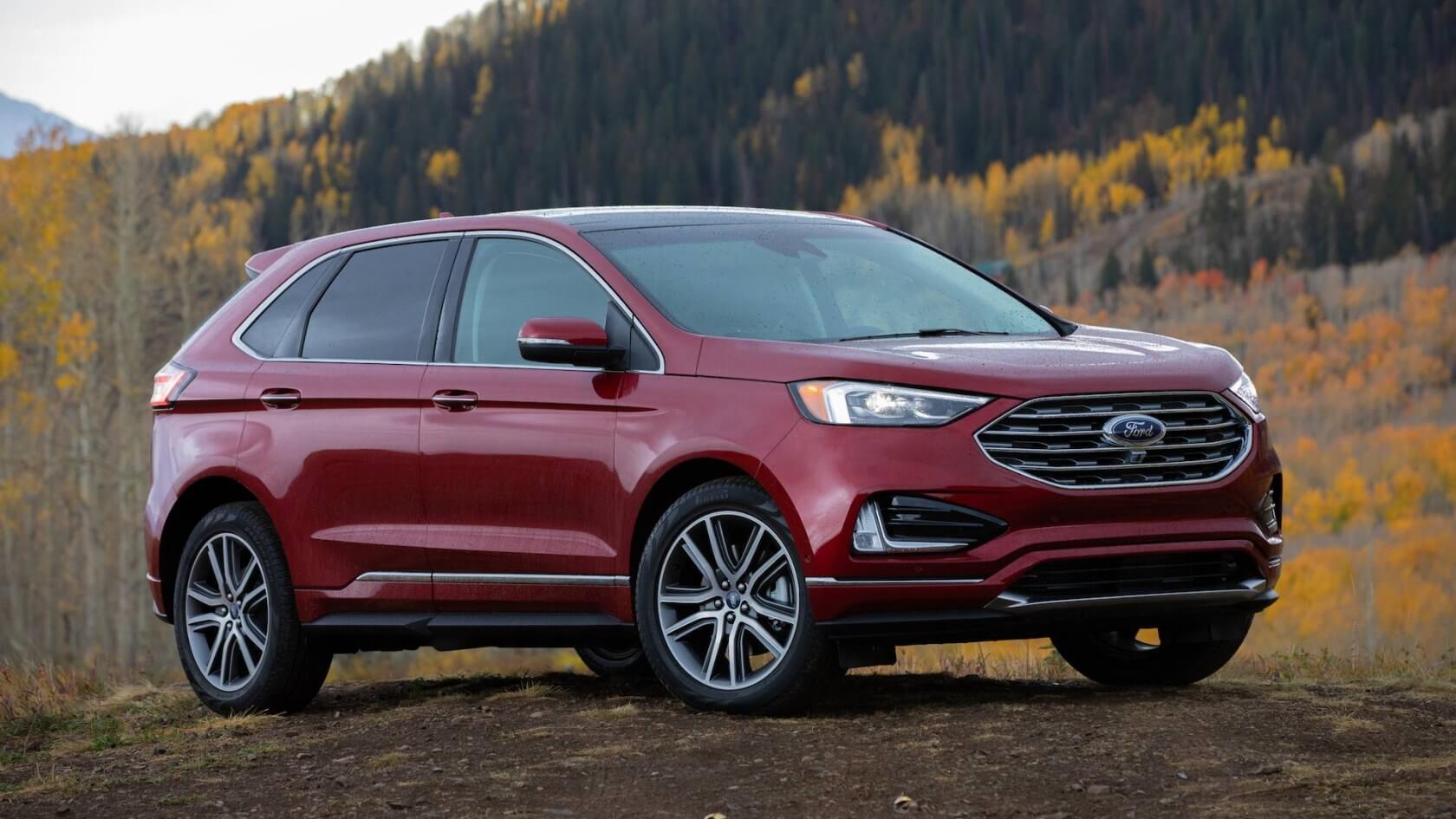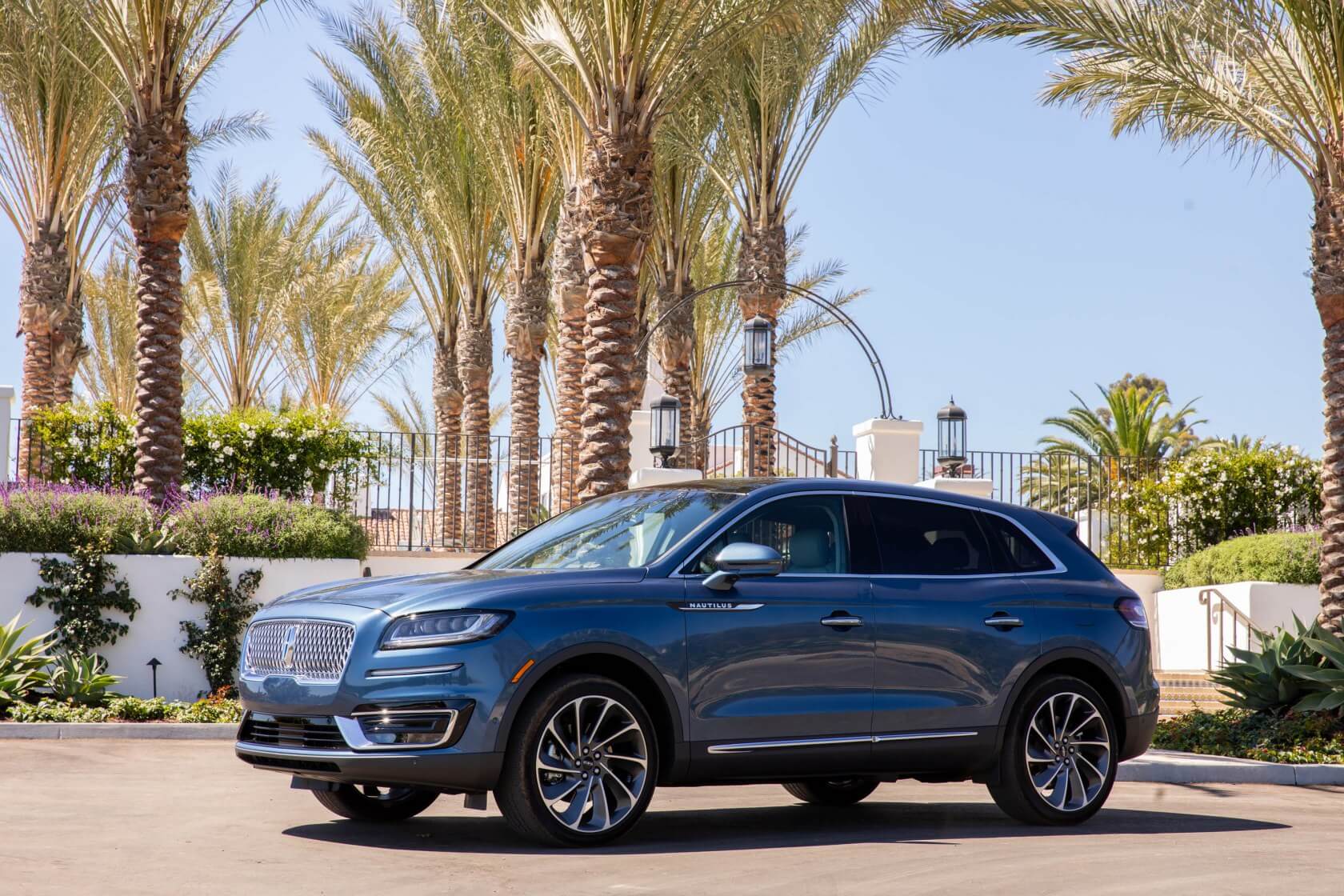In context: Electric vehicles are becoming increasingly mainstream as of late. While vehicles like Tesla's Model X and S are out of reach for the average consumer, EVs (and hybrids) are far more accessible as a whole thanks to cheaper offerings from Ford, Chevy, and other carmakers. However, price alone is not the only factor in a consumer's decision to buy a car. Picking a vehicle that appeals to your specific needs is important, too.

This is something Ford understands, according to a new report from Automotive News. The outlet's sources say that the automotive giant is planning to launch two "mid-size" all-electric crossovers by the 2023 model year.
These vehicles will likely be geared towards families, or simply those who want a larger vehicle than what several other EV makers currently offer (with a few exceptions). Unfortunately, given that these vehicles have not entered full production yet, we don't know a whole lot about them.
However, we do know that they'll include a Lincoln model, and Engadget says their sizes will be "comparable" to the Ford Edge and Lincoln Nautilus.

It's interesting to see traditional ICE carmakers take the EV market a bit more seriously lately -- whether that's due to an innate desire to reduce their carbon footprint or pure business sense is for you to decide. Regardless, diversity in the car market can only be a good thing, and offering those who want to "go green" more options for transit is probably a smart move.
At any rate, the vehicles mentioned above have allegedly had their production shifted from a Mexico facility to Flat Rock -- why Ford made that decision is unclear, but the company isn't too keen to elaborate. When asked to comment, Ford told Automotive News that they do not comment on future vehicle plans as a matter of policy.
https://www.techspot.com/news/81534-ford-reportedly-planning-launch-two-electric-suvs-2023.html